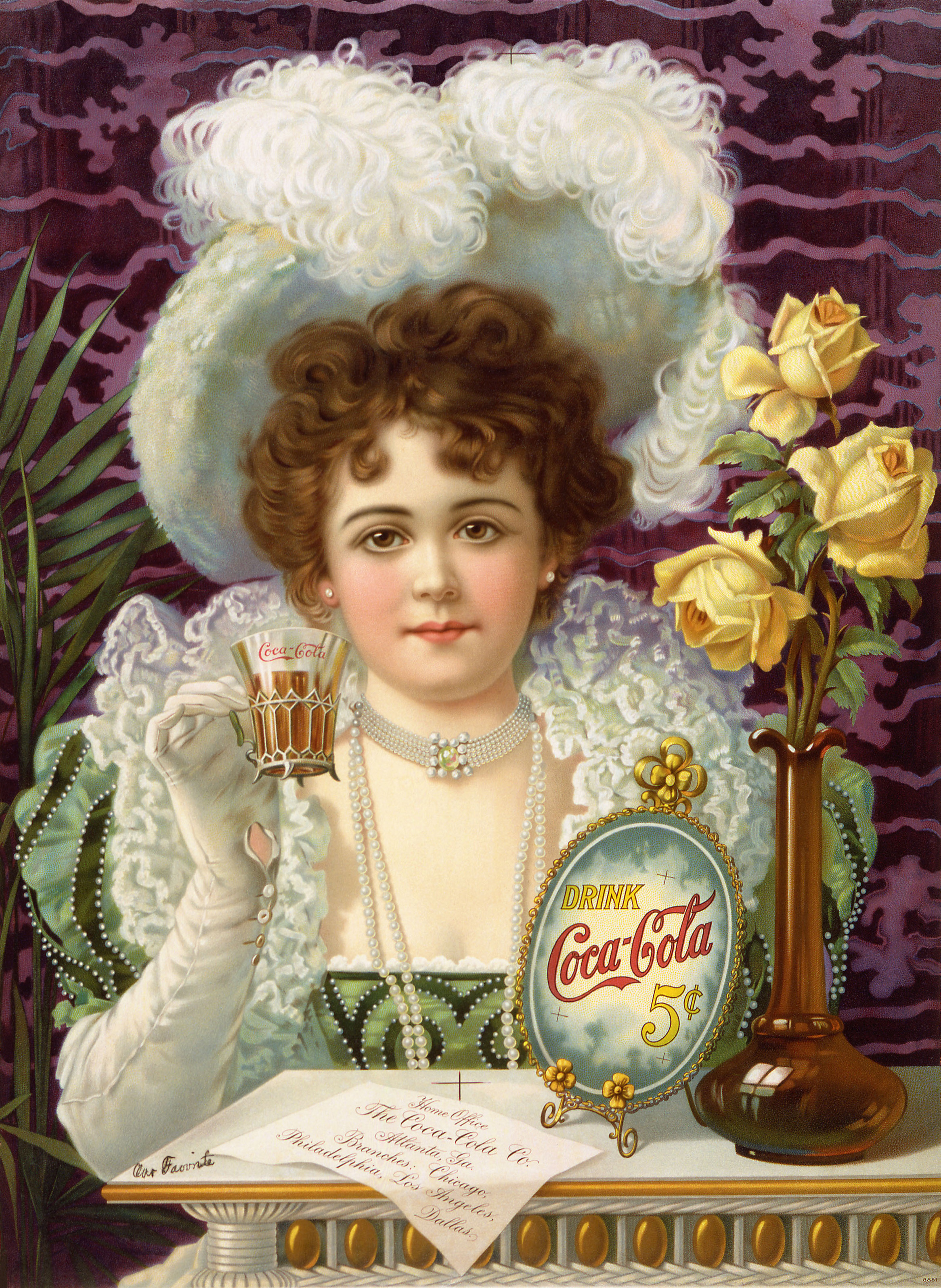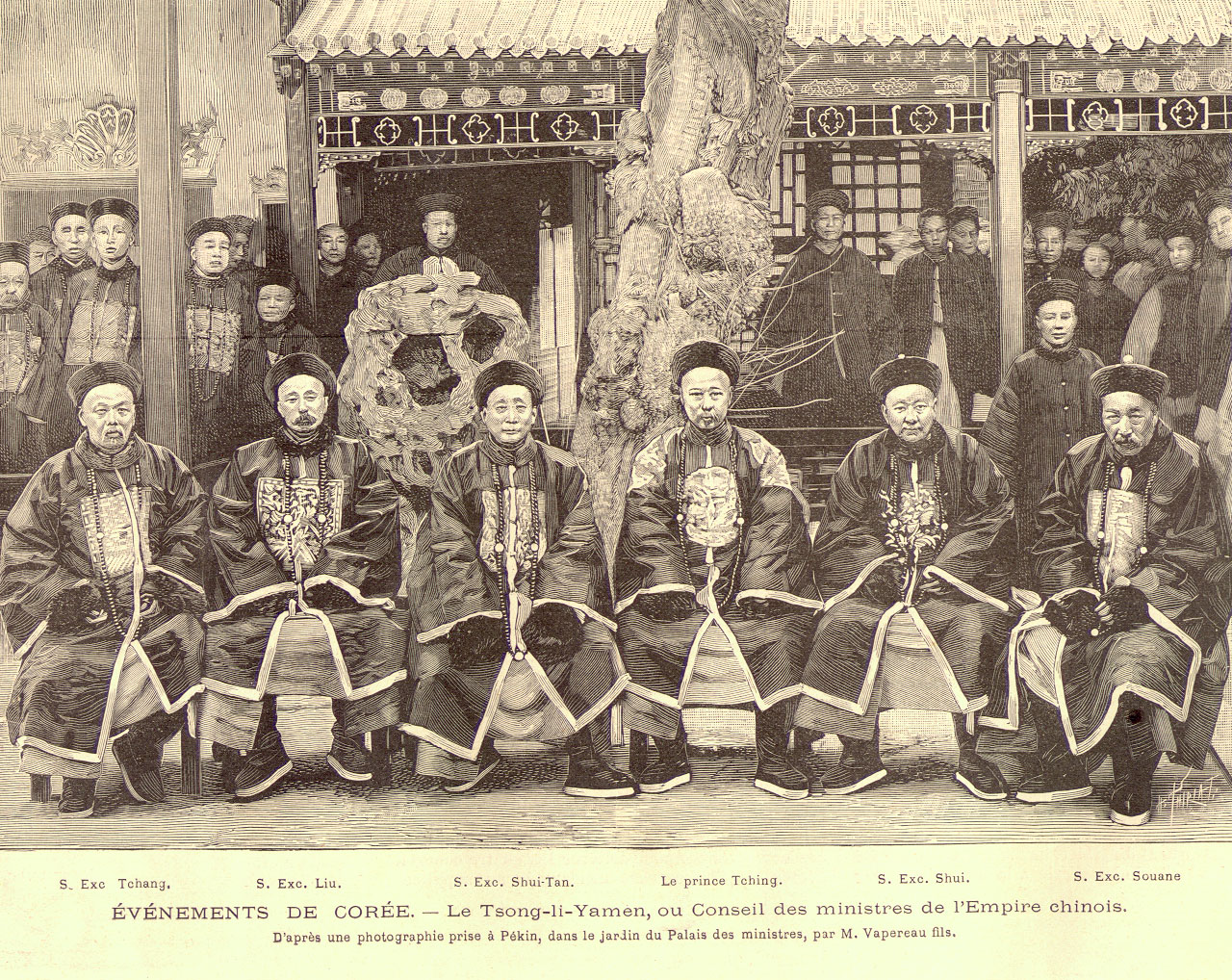|
Nagasaki Incident
The , also known as the Nagasaki―Qing Navy Incident (長崎清国水兵事件), was an August 1886 riot involving Chinese Beiyang Fleet sailors in Nagasaki. Outline On 1 August 1886 ( Meiji 19), the Qing dynasty's Beiyang Fleet, consisting of four warships, the ''Dingyuan'', the ''Zhenyuan'', the ''Jiyuan'', and ''Weiyuan'', entered the Nagasaki harbor port during a visit to various major Asian harbours. At that time, the Qing dynasty was much stronger than Japan. The ''Dingyuan'' was a heavier ship than the heaviest Japanese cruisers, due to Japan's policy of following the Jeune École naval strategy, which emphasized small rapid assault craft. In addition, Japan had suffered a setback during the Gapsin Coup in which 400 outnumbered Japanese soldiers were defeated by 2000 Qing-Joseon soldiers. On August 13, 500 Chinese troops took part in shore leave. They went to the red-light district, where during an altercation with locals, damaged fixtures were blamed on the s ... [...More Info...] [...Related Items...] OR: [Wikipedia] [Google] [Baidu] |
Nagasaki
is the capital and the largest city of Nagasaki Prefecture on the island of Kyushu in Japan. It became the sole port used for trade with the Portuguese and Dutch during the 16th through 19th centuries. The Hidden Christian Sites in the Nagasaki Region have been recognized and included in the UNESCO World Heritage List. Part of Nagasaki was home to a major Imperial Japanese Navy base during the First Sino-Japanese War and Russo-Japanese War. Near the end of World War II, the American atomic bombings of Hiroshima and Nagasaki made Nagasaki the second and, to date, last city in the world to experience a nuclear attack (at 11:02 am, August 9, 1945 'Japan Standard Time (UTC+9)'). , the city has an estimated population of 407,624 and a population density of 1,004 people per km2. The total area is . History Nagasaki as a Jesuit port of call The first contact with Portuguese explorers occurred in 1543. An early visitor was Fernão Mendes Pinto, who came from Sagres ... [...More Info...] [...Related Items...] OR: [Wikipedia] [Google] [Baidu] |
Riots And Civil Disorder In Japan
A riot is a form of civil disorder commonly characterized by a group lashing out in a violent public disturbance against authority, property, or people. Riots typically involve destruction of property, public or private. The property targeted varies depending on the riot and the inclinations of those involved. Targets can include shops, cars, restaurants, state-owned institutions, and religious buildings. Riots often occur in reaction to a grievance or out of dissent. Historically, riots have occurred due to poverty, unemployment, poor living conditions, governmental oppression, taxation or conscription, conflicts between ethnic groups (race riot) or religions (sectarian violence, pogrom), the outcome of a sporting event (sports riot, football hooliganism) or frustration with legal channels through which to air grievances. While individuals may attempt to lead or control a riot, riots typically consist of disorganized groups that are frequently "chaotic and exhibit herd beha ... [...More Info...] [...Related Items...] OR: [Wikipedia] [Google] [Baidu] |
August 1886 Events
August is the eighth month of the year in the Julian and Gregorian calendars, and the fifth of seven months to have a length of 31 days. Its zodiac sign is Leo and was originally named ''Sextilis'' in Latin because it was the 6th month in the original ten-month Roman calendar under Romulus in 753 BC, with March being the first month of the year. About 700 BC, it became the eighth month when January and February were added to the year before March by King Numa Pompilius, who also gave it 29 days. Julius Caesar added two days when he created the Julian calendar in 46 BC (708 AUC), giving it its modern length of 31 days. In 8 BC, it was renamed in honor of Emperor Augustus. According to a Senatus consultum quoted by Macrobius, he chose this month because it was the time of several of his great triumphs, including the conquest of Egypt. Commonly repeated lore has it that August has 31 days because Augustus wanted his month to match the length of Julius Caesar's July, but t ... [...More Info...] [...Related Items...] OR: [Wikipedia] [Google] [Baidu] |
1886 Riots
Events January–March * January 1 – Upper Burma is formally annexed to British Burma, following its conquest in the Third Anglo-Burmese War of November 1885. * January 5– 9 – Robert Louis Stevenson's novella ''Strange Case of Dr Jekyll and Mr Hyde'' is published in New York and London. * January 16 – A resolution is passed in the German Parliament to condemn the Prussian deportations, the politically motivated mass expulsion of ethnic Poles and Jews from Prussia, initiated by Otto von Bismarck. * January 18 – Modern field hockey is born with the formation of The Hockey Association in England. * January 29 – Karl Benz patents the first successful gasoline-driven automobile, the Benz Patent-Motorwagen (built in 1885). * February 6– 9 – Seattle riot of 1886: Anti-Chinese sentiments result in riots in Seattle, Washington. * February 8 – The West End Riots following a popular meeting in Trafalgar Square, London. * February ... [...More Info...] [...Related Items...] OR: [Wikipedia] [Google] [Baidu] |
1886 In International Relations
Events January–March * January 1 – Upper Burma is formally annexed to British Burma, following its conquest in the Third Anglo-Burmese War of November 1885. * January 5– 9 – Robert Louis Stevenson's novella '' Strange Case of Dr Jekyll and Mr Hyde'' is published in New York and London. * January 16 – A resolution is passed in the German Parliament to condemn the Prussian deportations, the politically motivated mass expulsion of ethnic Poles and Jews from Prussia, initiated by Otto von Bismarck. * January 18 – Modern field hockey is born with the formation of The Hockey Association in England. * January 29 – Karl Benz patents the first successful gasoline-driven automobile, the Benz Patent-Motorwagen (built in 1885). * February 6– 9 – Seattle riot of 1886: Anti-Chinese sentiments result in riots in Seattle, Washington. * February 8 – The West End Riots following a popular meeting in Trafalgar Square, London. * Februar ... [...More Info...] [...Related Items...] OR: [Wikipedia] [Google] [Baidu] |
1886 In Japan
Events in the year 1886 in Japan. It corresponds to Meiji 19 (明治19年) in the Japanese calendar. Incumbents *Monarch: Emperor Meiji *Prime Minister: Itō Hirobumi Governors *Aichi Prefecture: Minoru Katsumata *Akita Prefecture: Akagawa then Sada Aoyama *Aomori Prefecture: Kyusei Fukushima then Nabeshima Miki *Ehime Prefecture: Shinpei Seki *Fukui Prefecture: Tsutomu Ishiguro *Fukuoka Prefecture: Yasujo *Fukushima Prefecture: Kinichi Akashi then Hiraochi Orita *Gifu Prefecture: Toshi Kozaki *Gunma Prefecture: Katori Yoshihiko *Hiroshima Prefecture: Senda Sadaaki *Ibaraki Prefecture: Shima then Sadanori Yasuda *Iwate Prefecture: Shoichiro Ishii *Kanagawa Prefecture: Baron Tadatsu Hayashi *Kochi Prefecture: Yoshiaki Tonabe *Kumamoto Prefecture: Yoshiaki Tonabe * Kyoto Prefecture: Baron Utsumi Tadakatsu *Mie Prefecture: Ishii Kuni *Miyagi Prefecture: Matsudaira Masanao *Miyazaki Prefecture: Teru Tananbe *Nagano Prefecture: Baron Seiichiro Kinashi * Niigata Pr ... [...More Info...] [...Related Items...] OR: [Wikipedia] [Google] [Baidu] |
1886 In China
Events in the year 1886 in China. Incumbents *Emperor: Guangxu Emperor (12th year) Births * Fang Shengdong Fang Shengdong (; 1886–1911) was a late Qing dynasty revolutionary, He was killed during the Second Guangzhou Uprising The Second Guangzhou (Canton) Uprising, known in Chinese as the Yellow Flower Mound Uprising or the Guangzhou Xinhai Upri ... (1886–1911) revolutionary figureLee, L.X.H. Lau, C. Stefanowska, A.D. (1998). ''Biographical Dictionary of Chinese Women: v. 1: The Qing Period, 1644-1911''. doi:10.4324/9781315706115 References Years of the 19th century in China {{Asia-year-stub ... [...More Info...] [...Related Items...] OR: [Wikipedia] [Google] [Baidu] |
Zongli Yamen
The ''Zongli Yamen'' (), short for Office for the General Management of Affairs Concerning the Various Countries (), also known as Prime Minister's Office, Office of General Management, was the government body in charge of foreign policy in imperial China during the late Qing dynasty. It was established by Prince Gong on 11 March 1861 after the Convention of Beijing. It was abolished by the Qing government in 1901 and replaced with a Foreign Office of ministry rank. The former site of the ''Zongli Yamen'' is now located in Dongtangzi Hutong, Dongcheng District, Beijing. Nearly all the buildings are preserved in good condition. Meaning of name ''Zongli Yamen'' is a traditional abbreviation of the official name (), literally meaning "Office in Charge of Affairs Concerning All Nations".The corresponding name in Manchu, the other official language of the Qing Empire, was ''Geren gurun i baita be uherileme icihiyara yamun.'' () A common misconception is that the Zongli Yamen's name ... [...More Info...] [...Related Items...] OR: [Wikipedia] [Google] [Baidu] |
Japan Telecom
SoftBank Telecom Corporation ( ja, ソフトバンクテレコム会社), previously as Japan Telecom Co. Ltd. ( ja, 日本テレコム株式会社, links=no,Nippon Terekomu Kabushiki-gaisha) was a Japanese telephone company of the SoftBank group. It provides services to businesses and consumers in Japan. It provides long-distance telephone service, international call service, and direct connection fixed-line voice service. In addition, it engages in the billing and collecting fees for the telephony service; consulting, development and establishment of telecommunication system; and provision of information processing and providing service. On 1 April 2015 Softbank Telecom Corp. merged into Softbank Mobile Corp. and ceased to exist as a separate entity. Timeline *1984-10: Japanese Telecom Telegraph was founded. *1986-08: Japanese Telecom Telegraph launches leased circuit services *1986-12: Railway Telecommunication established *1989-05: Railway Telecommunication merges with Jap ... [...More Info...] [...Related Items...] OR: [Wikipedia] [Google] [Baidu] |
Mutsu Munemitsu
Count was a Japanese statesman and diplomat in Meiji period Japan. Early life Mutsu Munemitsu was born in Wakayama domain, Kii Province as the sixth son of Date Munehiro, a ''samurai'' retainer of the Kii Tokugawa clan. His father was active in the ''Sonnō jōi'' movement, and Mutsu Munemitsu joined forces with Sakamoto Ryōma and Itō Hirobumi in the movement to overthrow the Tokugawa shogunate. Meiji bureaucrat After the Meiji Restoration, Mutsu held a number of posts in the new Meiji government, including that of governor of Hyōgo Prefecture and later governor of Kanagawa Prefecture, both of which were host to foreign settlements. He was head of the Land Tax Reform of 1873–1881, and served on the ''Genrōin''. He conspired to assist Saigō Takamori in the Satsuma Rebellion and was imprisoned from 1878 until 1883. While in prison he translated Jeremy Bentham's ''Utilitarianism'' into Japanese. After he left prison, he rejoined the government as an official of the F ... [...More Info...] [...Related Items...] OR: [Wikipedia] [Google] [Baidu] |






